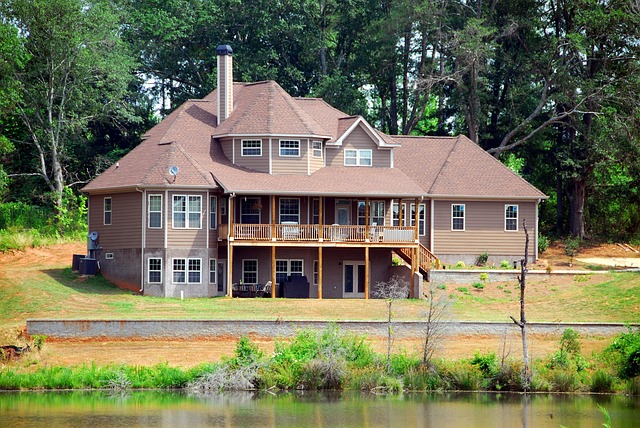Understanding healthcare coverage options is vital in real estate, with private insurance offering flexible, customized plans at competitive rates, and government-backed programs like Medicare, Medicaid, and FEMA providing accessible, affordable care with standardized policies. When investing in real estate, consider private insurance for high-value or unique properties, and government programs like FHA or VA loans for first-time buyers seeking lower down payments and more lenient credit requirements. Optimal choice depends on personal factors such as risk tolerance, budget, and long-term goals.
In today’s competitive real estate market, understanding healthcare coverage options is crucial for investors. This article delves into the intricacies of private and government-backed healthcare coverage, two prominent models shaping the industry. We explore their advantages and disadvantages, offering insights to help investors make informed decisions. By examining these factors, you’ll be equipped to choose the optimal healthcare solution for your real estate ventures, ensuring long-term success in a dynamic market.
Understanding Private and Government-Backed Healthcare Coverage in Real Estate

In the realm of real estate, understanding healthcare coverage options is paramount for both buyers and sellers. Private healthcare coverage, offered by insurance companies, provides individuals with flexibility in choosing their plans based on personal needs and preferences. This type of coverage can significantly impact a person’s overall well-being and financial stability, especially when navigating unexpected medical expenses. Real estate transactions often involve discussions about these private plans to ensure they align with prospective buyers’ requirements and budget constraints.
On the other hand, government-backed healthcare coverage, such as Medicare or Medicaid, plays a crucial role in providing accessible and affordable care to citizens. In real estate, understanding these public programs is essential for assisting clients who may rely on them for their healthcare needs. Real estate professionals can offer valuable insights into how these government initiatives impact property ownership, including any associated costs, eligibility criteria, and the overall accessibility of healthcare services within specific communities.
Advantages and Disadvantages of Each Coverage Type

Advantages and Disadvantages of Private vs Government-Backed Coverage in Real Estate
Private coverage in real estate offers several benefits, such as flexible policies tailored to specific needs, faster claim processing due to direct interaction with the insurance provider, and often competitive rates set by market competition. Additionally, private insurers can provide specialized coverages for unique properties or high-value assets, ensuring comprehensive protection. However, a potential drawback is that premiums can vary widely based on factors like location, property type, and risk level, making it more expensive than government-backed options for some.
Government-backed coverage, commonly through programs like FEMA (Federal Emergency Management Agency) in the U.S., provides peace of mind with broad coverage for natural disasters at relatively lower costs due to public funding. Policies are often standardized, ensuring consistency across regions and simplifying the claims process. However, wait times for approvals and payouts can be longer, and the coverages might not include all types of damage or losses like private insurers do. This type of coverage is best suited for those seeking basic protection at a government-subsidized rate.
Choosing the Right Option for Your Real Estate Investment

When considering a real estate investment, understanding the coverage options available is key. Private insurance and government-backed programs both offer unique advantages tailored to different needs. For instance, private coverage provides flexibility and customized plans, ideal for diverse property types and individual investor preferences. In contrast, government-backed programs like FHA or VA loans are excellent choices for first-time buyers or those with specific financial circumstances, offering lower down payments and more lenient credit requirements in the realm of real estate.
The right option depends on personal and financial factors. Investors should weigh their risk tolerance, budget constraints, and long-term goals when deciding. For instance, private insurance might be preferable for high-value properties or those with unique risks, while government programs excel in making homeownership more accessible to a broader range of buyers within the real estate market.






